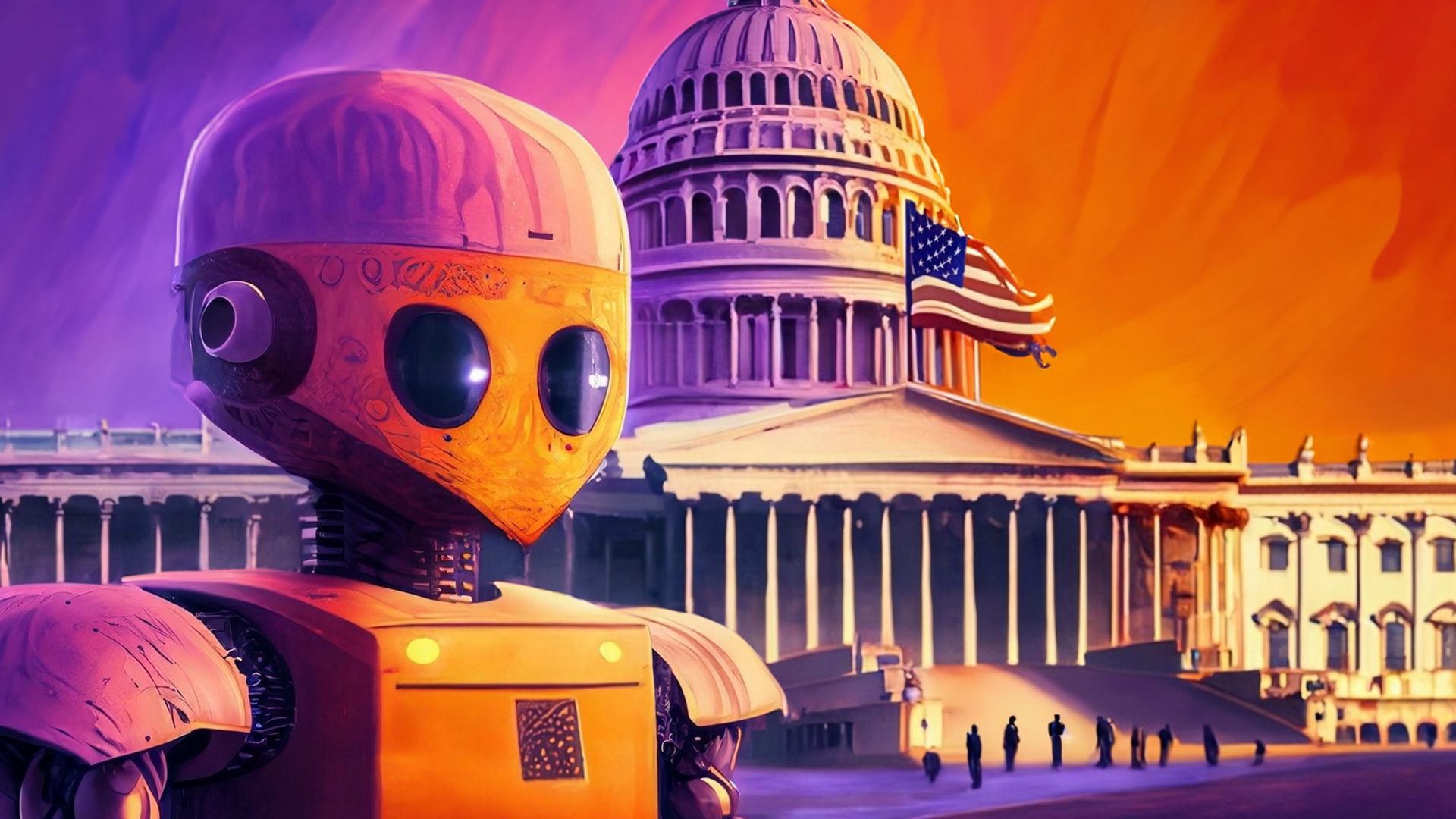
Simone Del Rosario: All of this conversation has really been sparked over who’s going to regulate AI and this urgency behind that effort to regulate AI. Who do you think should be regulating something like this, though? I mean, you have to admit that politicians aren’t really the most well-versed in the most groundbreaking technology.
Aleksandra Przegalinska: That is correct. And we’ve seen that with, you know, the social media and the hearings of Mark Zuckerberg, the Senate, right, that there was a bit of a mismatch in terms of digital competencies. I don’t know how to call it. But ultimately, I think it has to be a collective effort of many different stakeholders because this technology is not only about technology. It’s not about IT people and how they’re going to use it, but it’s a technology that is very, very broad. It’s a general-purpose technology, you could even say. So it’s the type of technology that will penetrate so many different professions, tasks, accountants, healthcare professionals, different people who are working in various organizations, business, consultancy, wherever you really look, you will see AI, right? So in that way, I think it has to be a collective effort. I do regret a bit that this regulation happens this late, because actually, you know, many people from the AI field have been calling for regulation before ChatGPT and way before ChatGPT. And we knew already that there will be some problems because some of these systems are just not explainable. They’re like black boxes. They are very difficult to understand and yet we use them. We want them to make decisions about important things like giving someone a loan, right, in a bank, or not, or declining. So we really need to understand what these systems are doing. And that has been a problem way before ChatGPT. But now I am sort of glad that there’s at least a debate. And I do hope that this time around, the politicians will come prepared and that they will be better prepared for these types of discussions. They do have experts. They can talk to many people. I have to say that I observed, you know, what’s been going on at the White House. There was a meeting, obviously, between Kamala Harris, I believe, and then many representatives of those companies that are building generative tools, generative AI. There has been a hearing at the Senate where one of the senators said that Sam Altman should tell everyone how to regulate AI. And I don’t think it’s necessarily the best way to go. I think it has to be, well, we need at least a couple of rounds of different consultations. Many companies have to be involved, but also NGOs, civil society, researchers who are not working perhaps in private companies, but also at universities. There are many people with good ideas, so it has to be a dialogue. And I just hope that this time around, we will do a better job than we did with social media.






